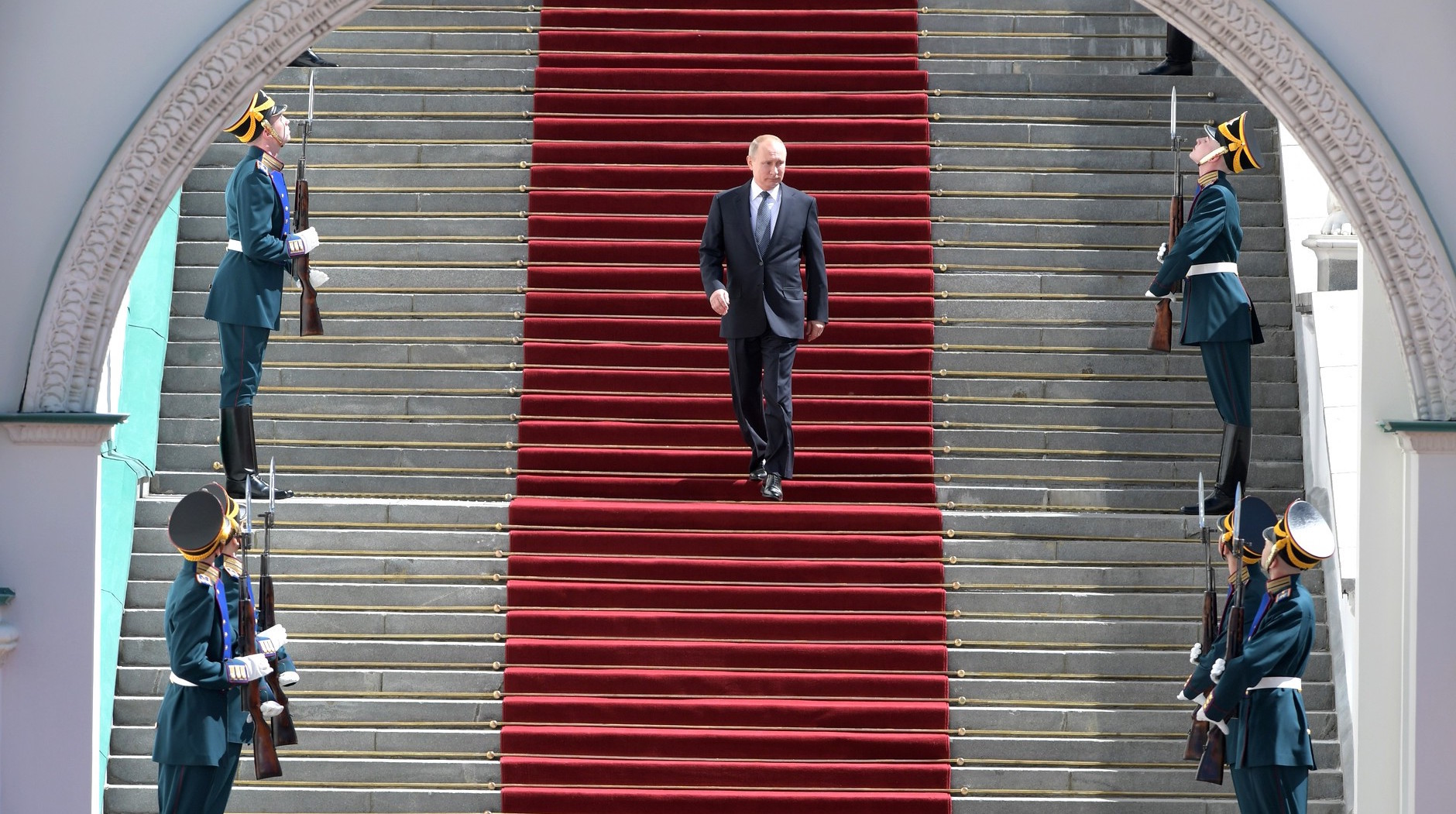
(Photo taken from Capitalotc)
On the 8th of April, Greece’s Prime Minister Alexis Tsipras visited the Russian capital Moscow, to hold talks with Vladimir Putin.
As expected, his visit stirred controversy throughout Europe; Greece’s partners and creditors were not happy. Speculations about what will Tsipras compromise and if Russia offered money to the indebted country, dominated the European media. Analysts also feared that Greece will slip into the arms of Russia, breaking Europe’s foreign policy and common stance on Ukraine. It was not the first time the government of Syriza angered the rest of the EU.
Last January Tsipras stated that his government opposes sanctions against Russia, over the latter’s annexation of Crimea and continuous aggression in Ukraine. According to Tsipras, Europe’s approach on the crisis was “senseless,” adding that a more preferable solution could be that of negotiations. It is not an exaggeration to admit that the European sanctions against Russia, did affect the continent’s economy. So Tsipras is not wrong to hold such view. But how could Europe deal with Russia? We got to realise that Russia itself is not the problem, its leadership is.
If we manage to turn the Russian citizens against their current leadership, then we could hope for a solution. But this cannot be achieved with the consistent “Russo-phobia” that plagued Europe for the past decade. In addition, we should not condemn Greece for having close ties with the Russians, with which Europe shares common borders, history and heritage. Russia has always been part of European affairs, for good or bad. Perhaps Europe should re-approach Russia and countries like Greece could become the bridge towards that goal. Greece has always been close to Russia for various reasons throughout its history. Yet it has decided on its allegiance long ago; its population is more pro-European than that of many other EU member states, despite the crisis.
The probability of Greece moving closer towards Russia is unlikely, as long as it remains a full member of the EU and NATO. And it is doubtful that Russia will seek a closer relationship with a US ally. The Greek leadership merely uses Russia as a wild card. Its aim is to give a message to its EU partners; if they continue refusing to compromise, Greece will seek support elsewhere. Just like the Europeans, it is bluffing trying to achieve its goal. Scenarios of Russia stepping in and helping were also played during the Cypriot bail-out. Many in Cyprus counted on Russia for their support, citing their religious ties. None of their hypotheses came true; the Russians backed off.
It is in fact Europe’s harsh treatment of Greece for the past 5 years, which pushed the country towards Russia. Greece needs investments for growth and since Europe is reluctant to offer them, the country has every right to look elsewhere. We got to accept that Greece is a sovereign nation and can do business with anyone it thinks appropriate. Every European government is allowed to follow its own policies, according their interests and needs. Obviously Vladimir Putin values this opportunity, signalling that he can influence Europe from within. It is true that his government is financing many Euro-sceptic parties across the continent, in an effort to break European unity. Yet instead of blaming Russia, the European governments should focus on their mistakes. Euro-scepticism rose across Europe, because of the failed policies that they adopted. The so called “radical” political parties like Syriza, are not the result of Russian meddling, rather of citizen disillusionment with the EU. And if Greece is indeed moving towards Russia, it is up to Europe to draw it back.




1 Comments
Martin Raiser
The column is too pro-Greece…
Comments are closed.